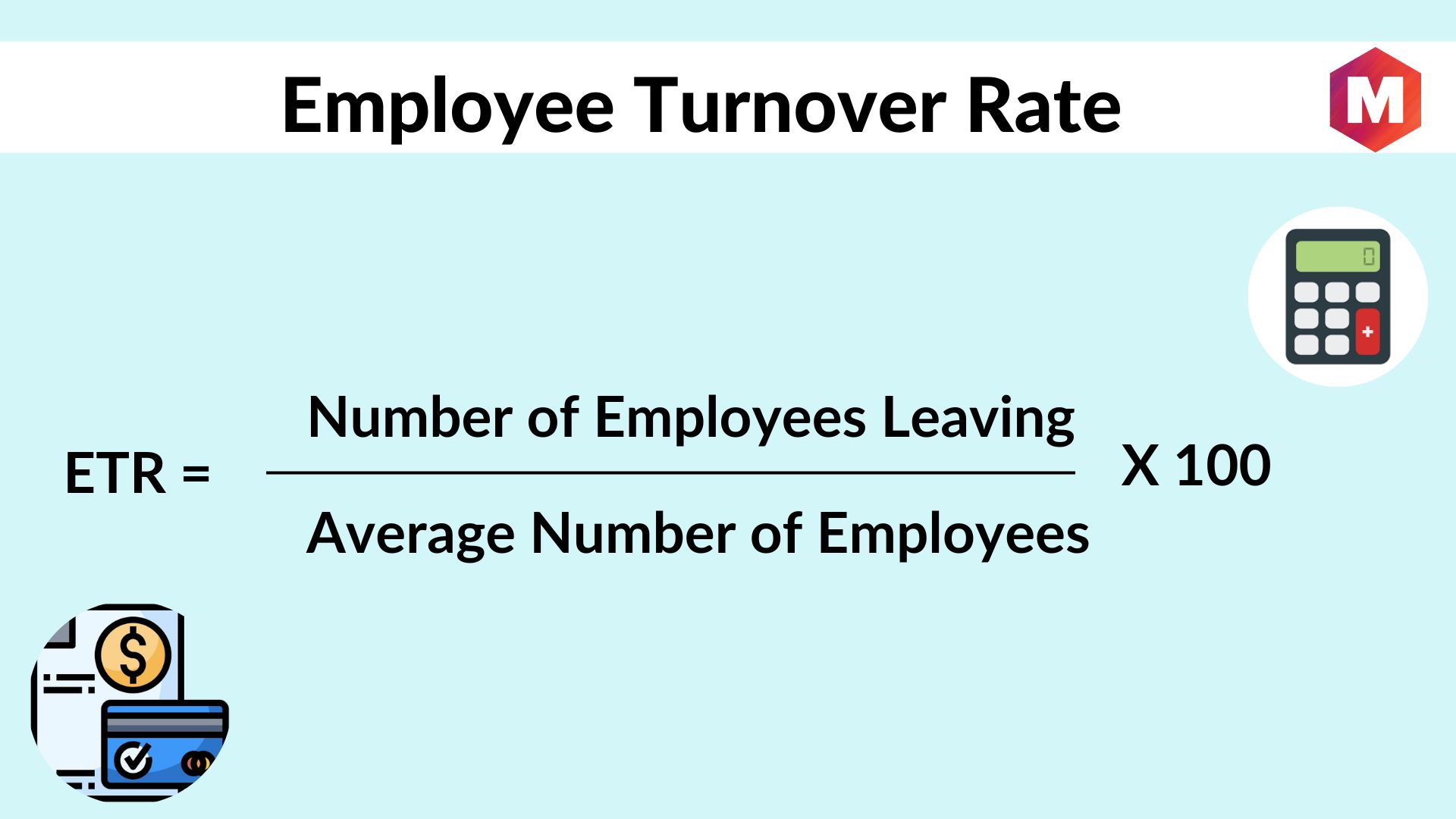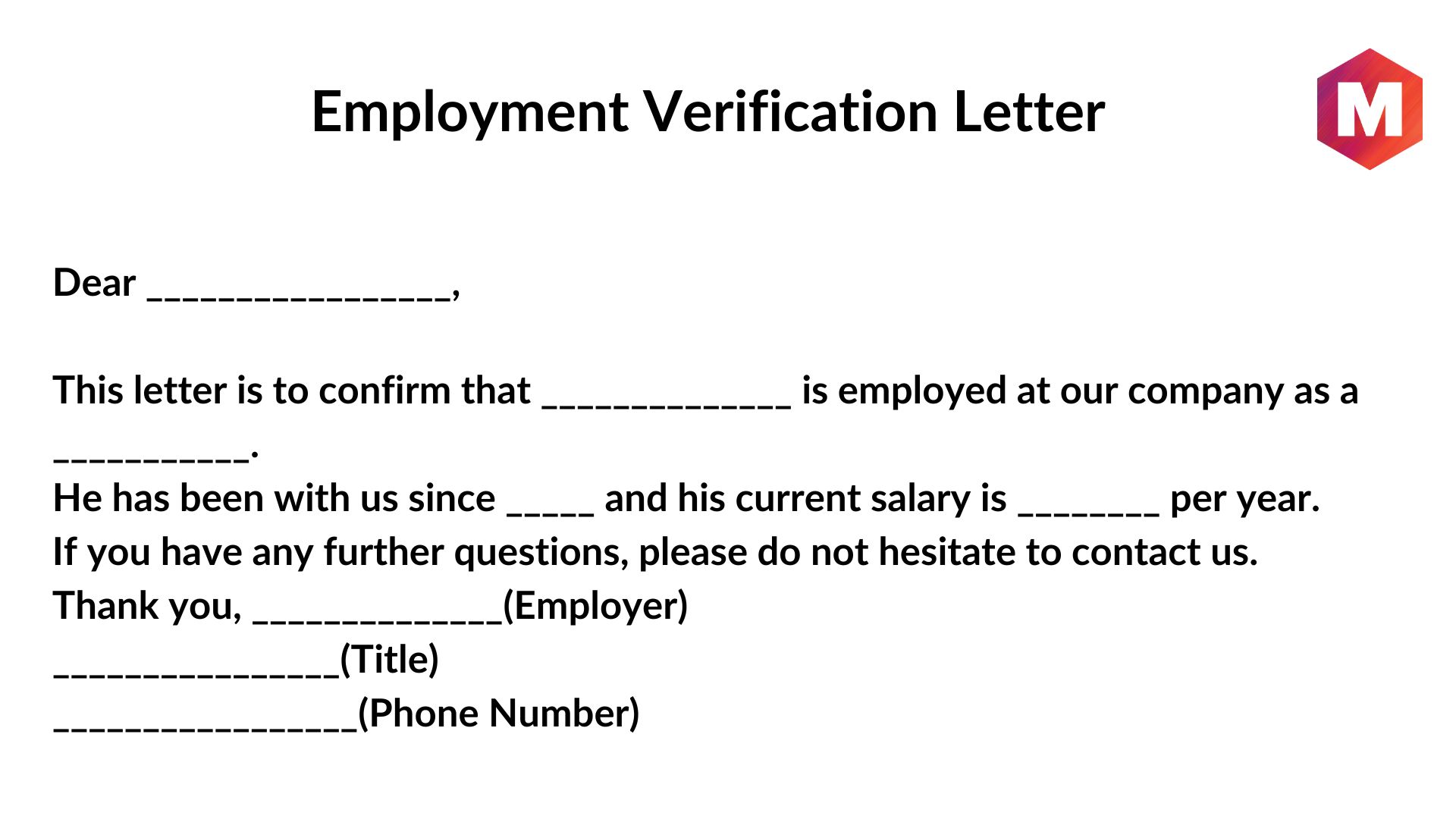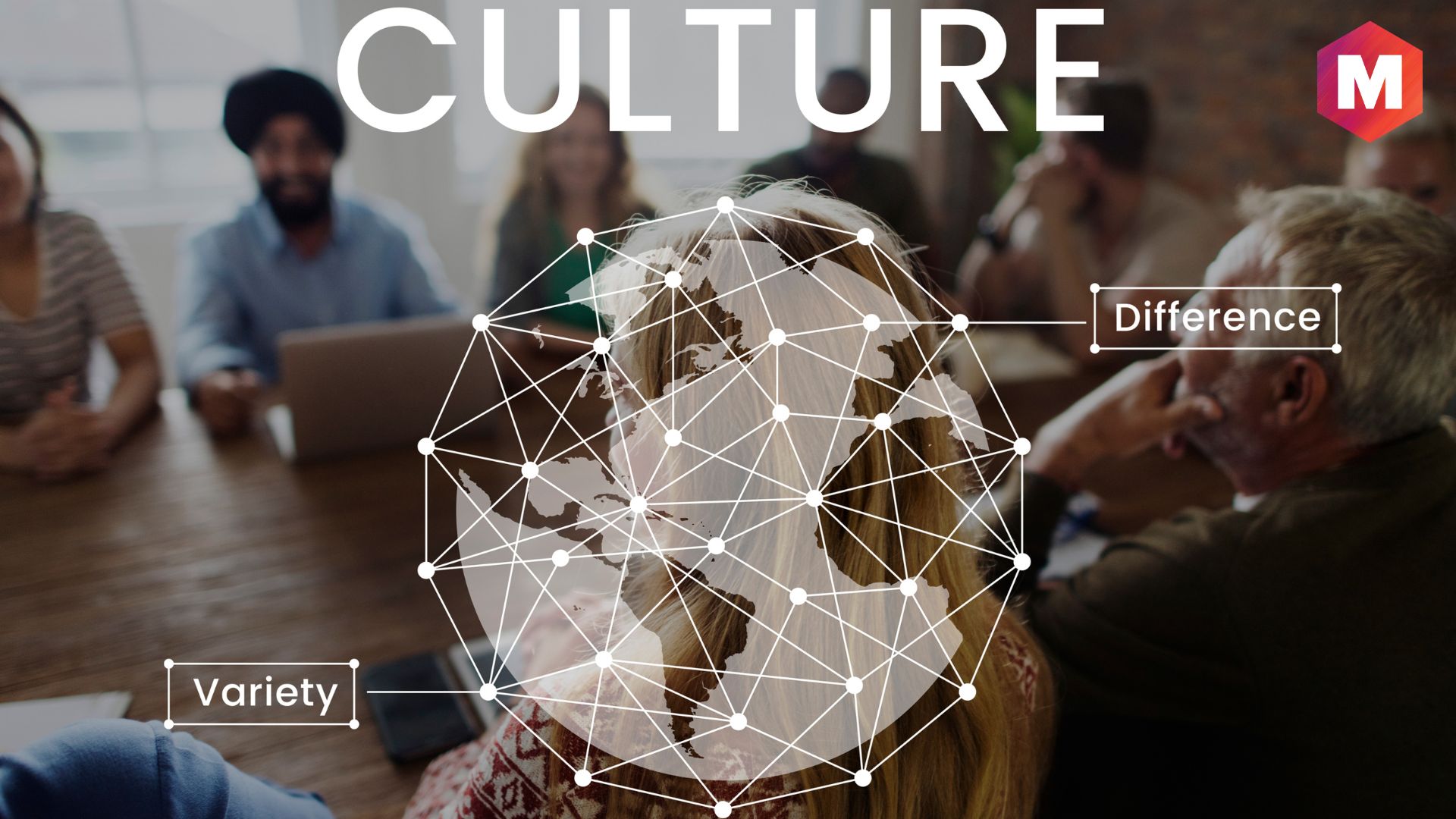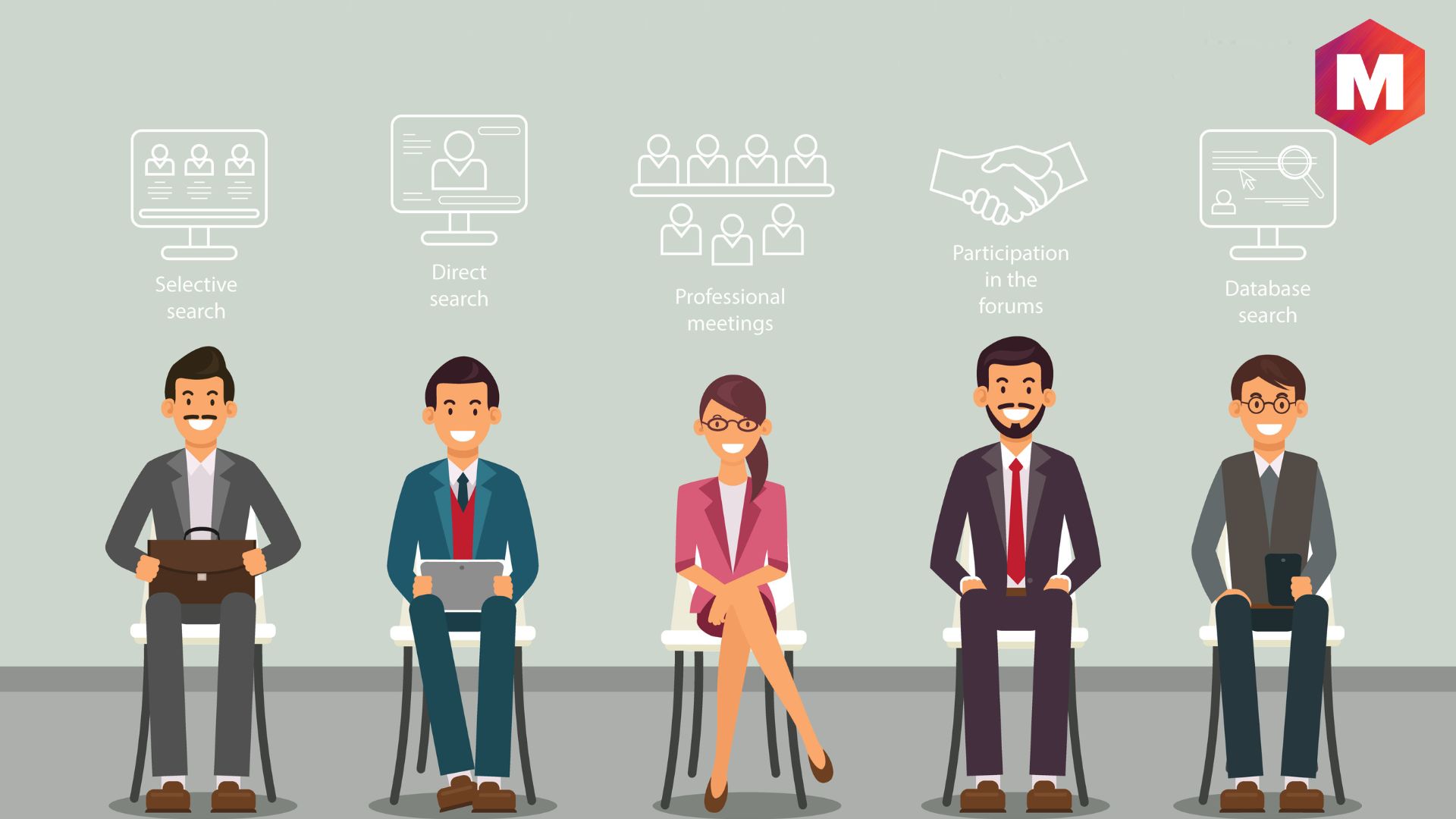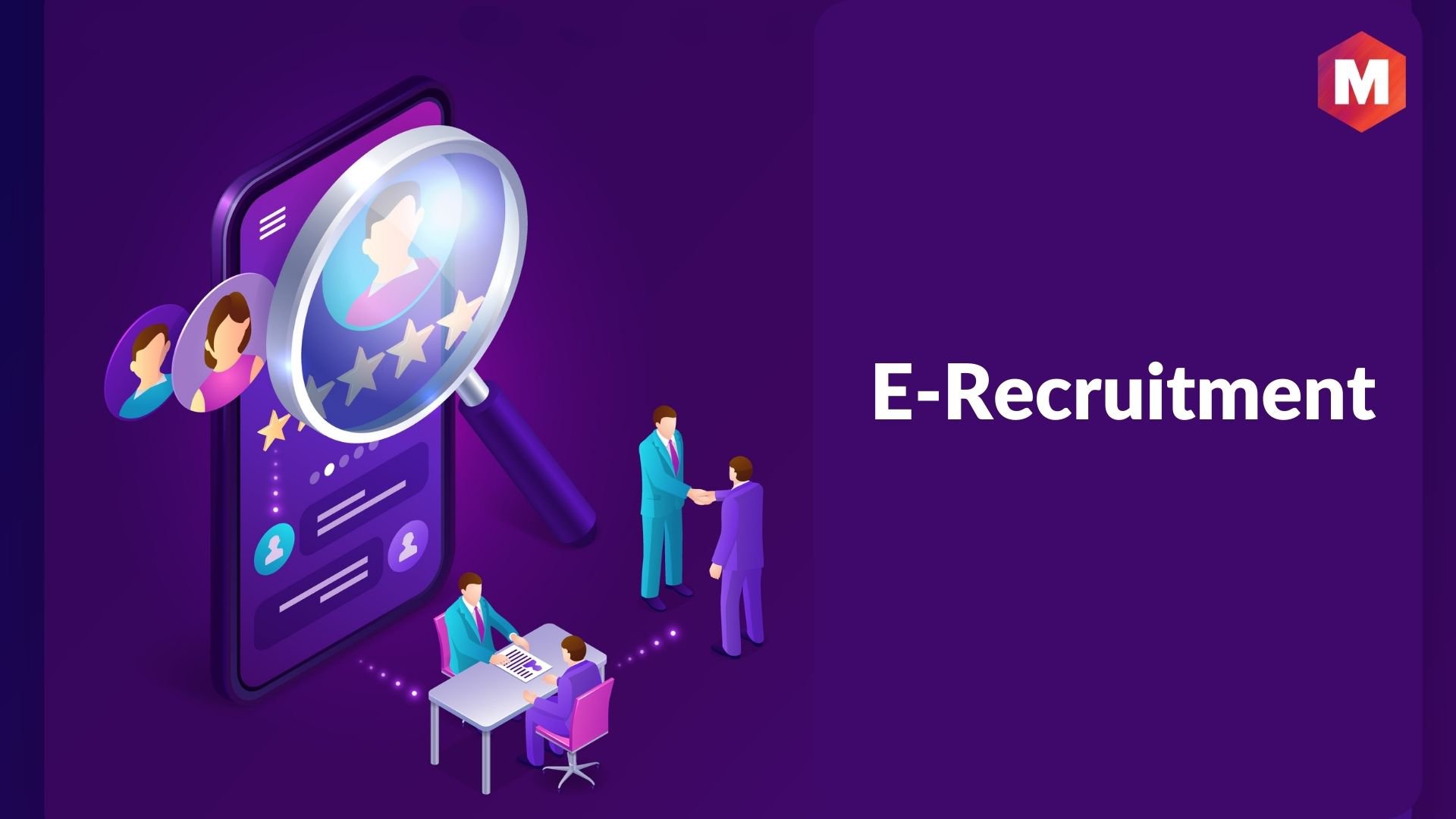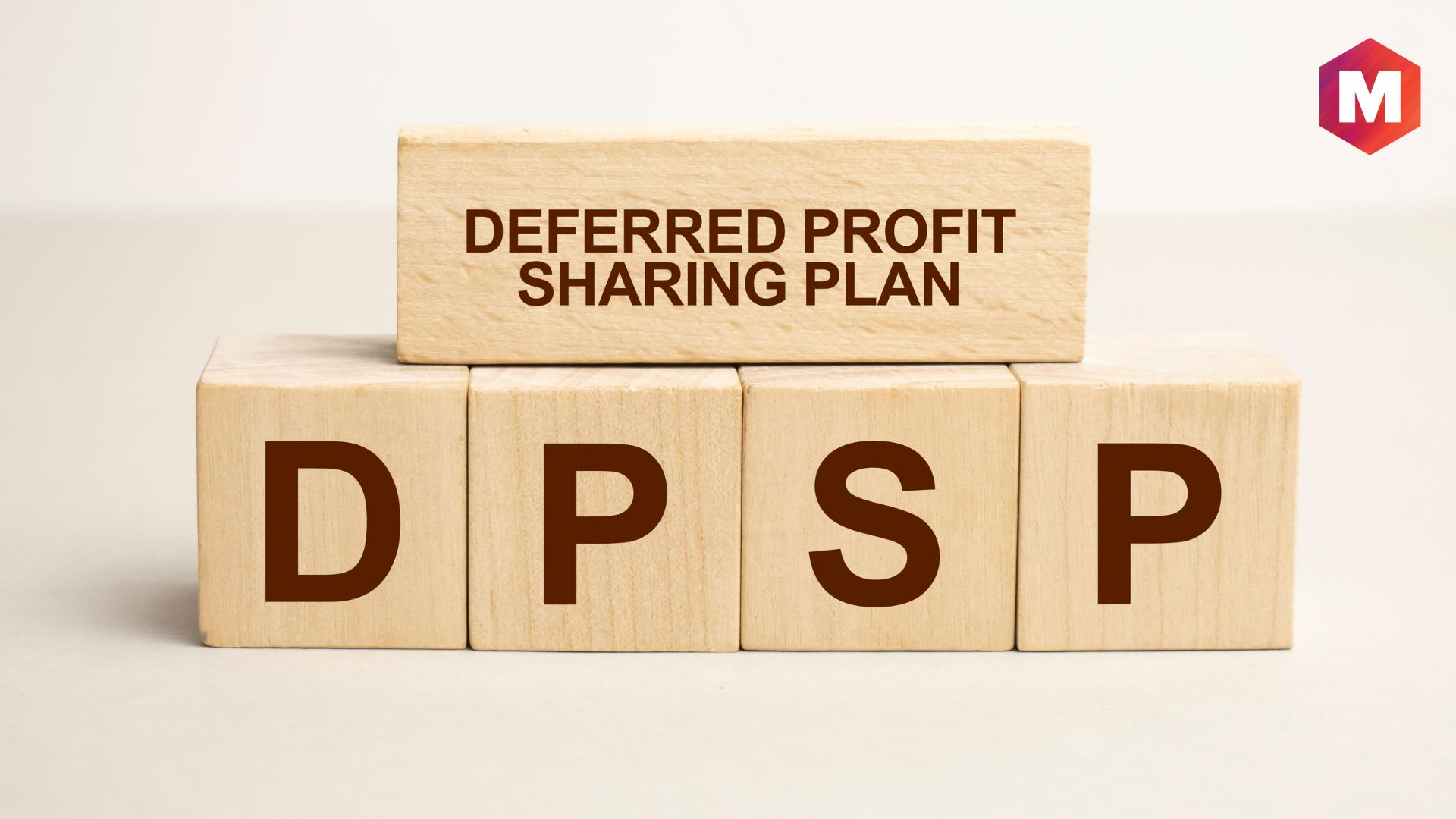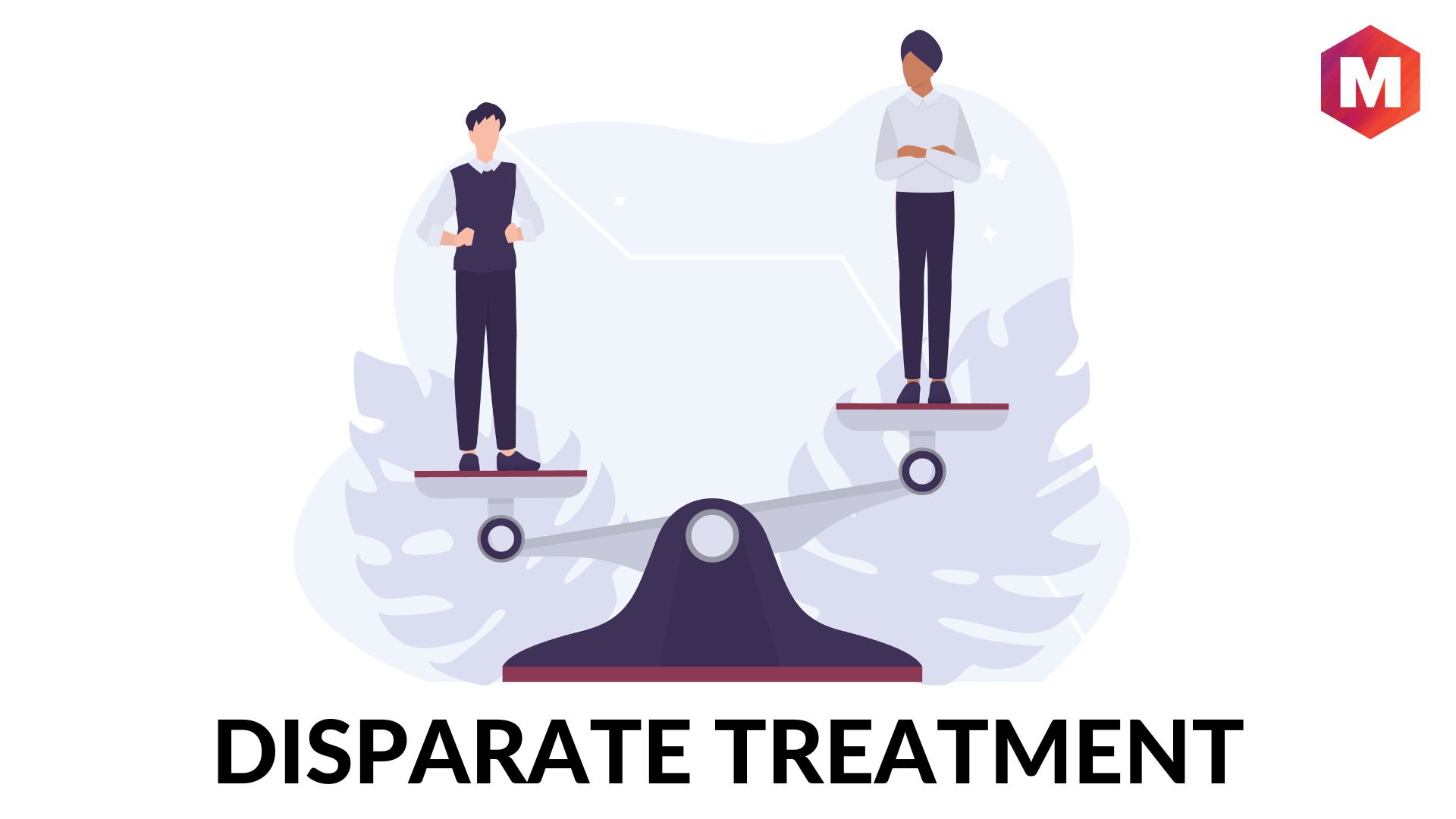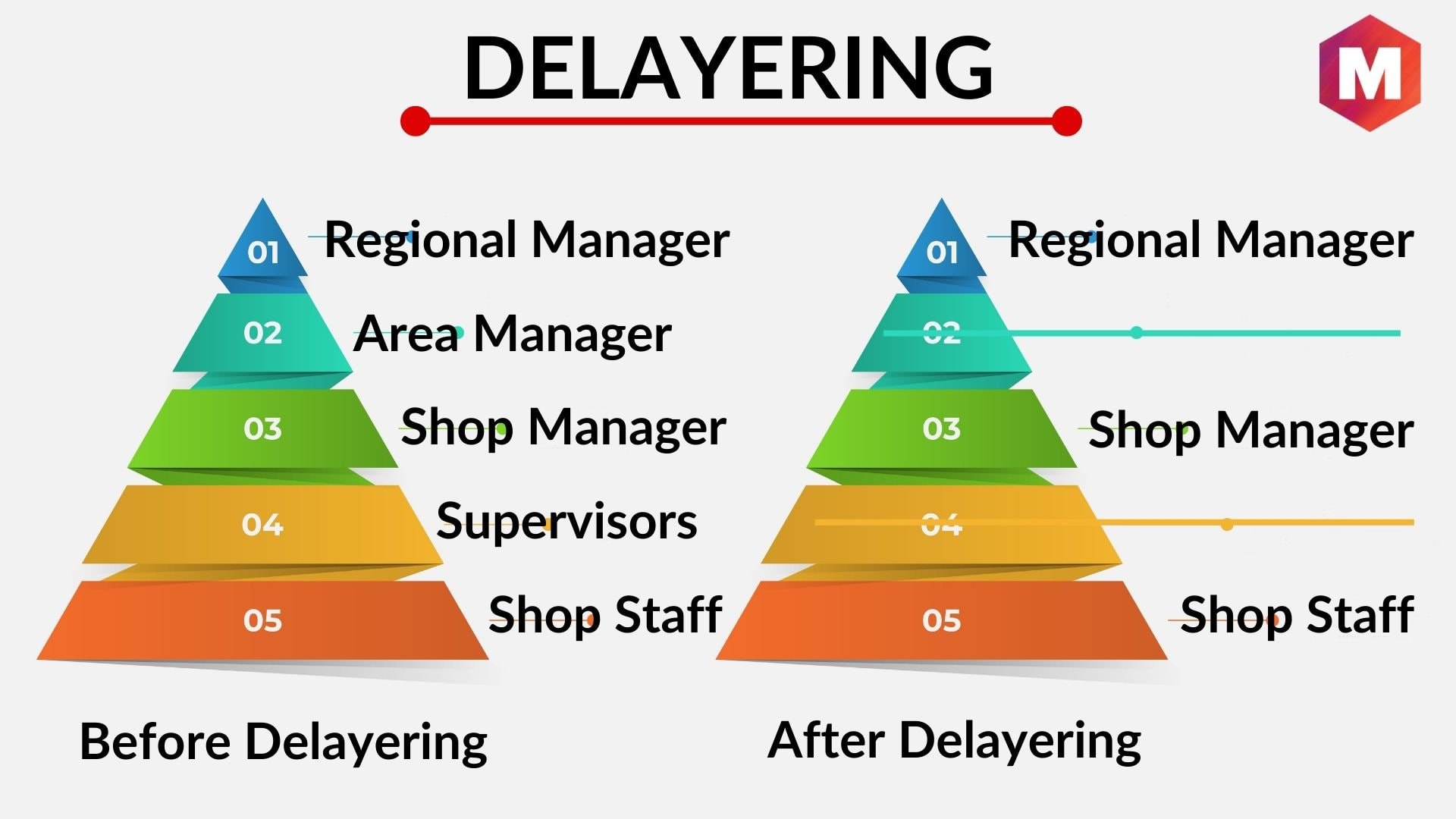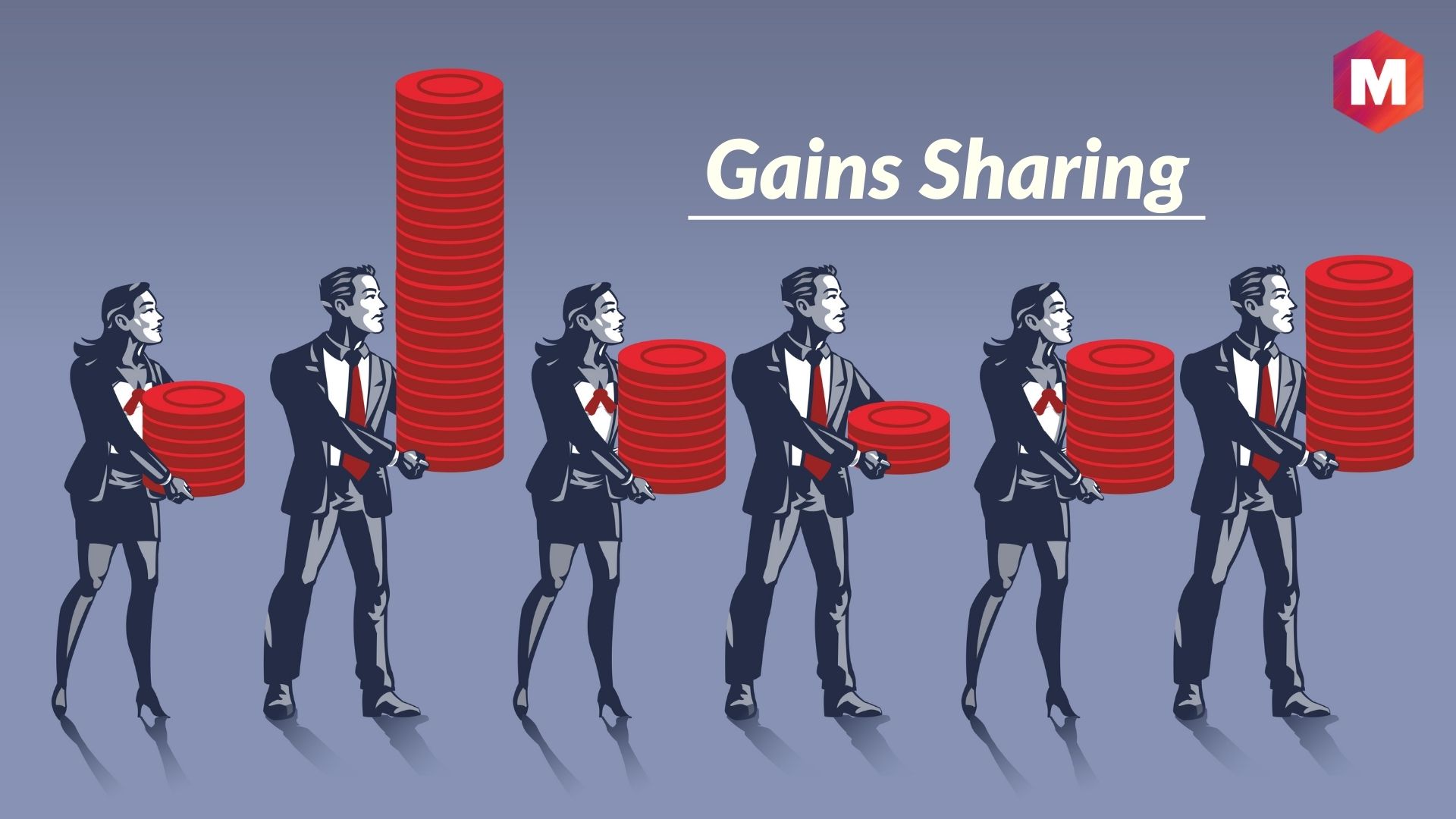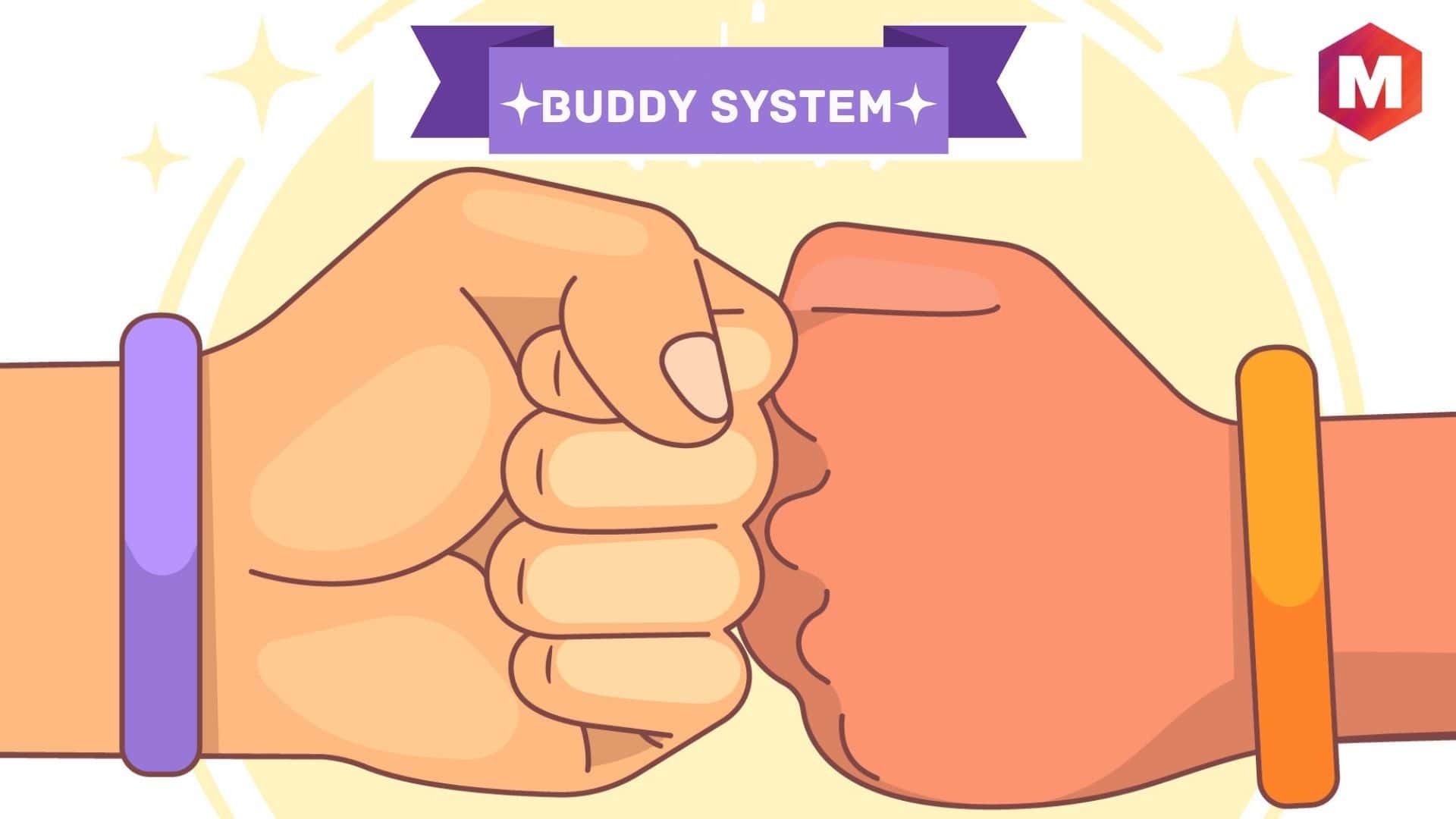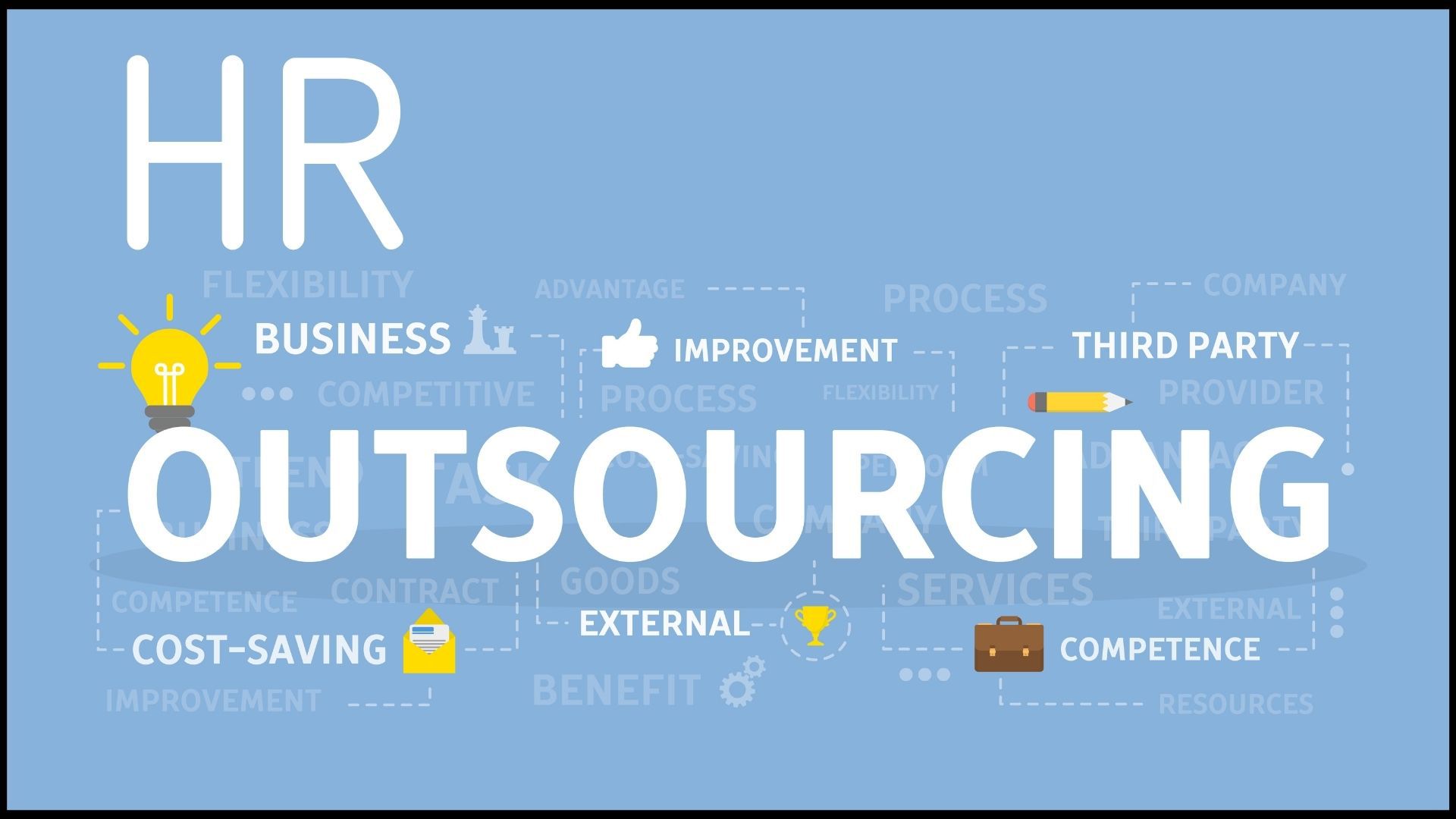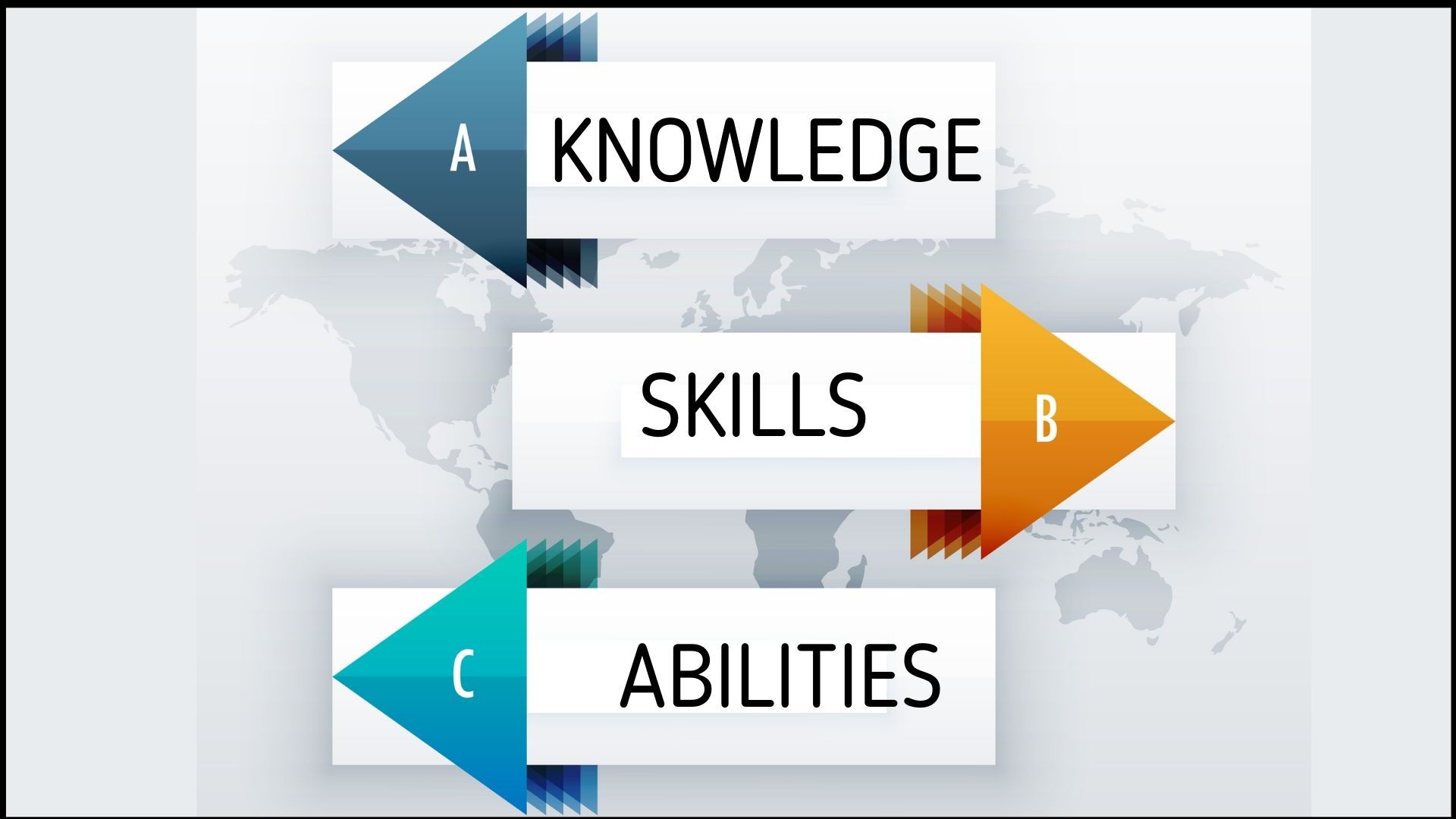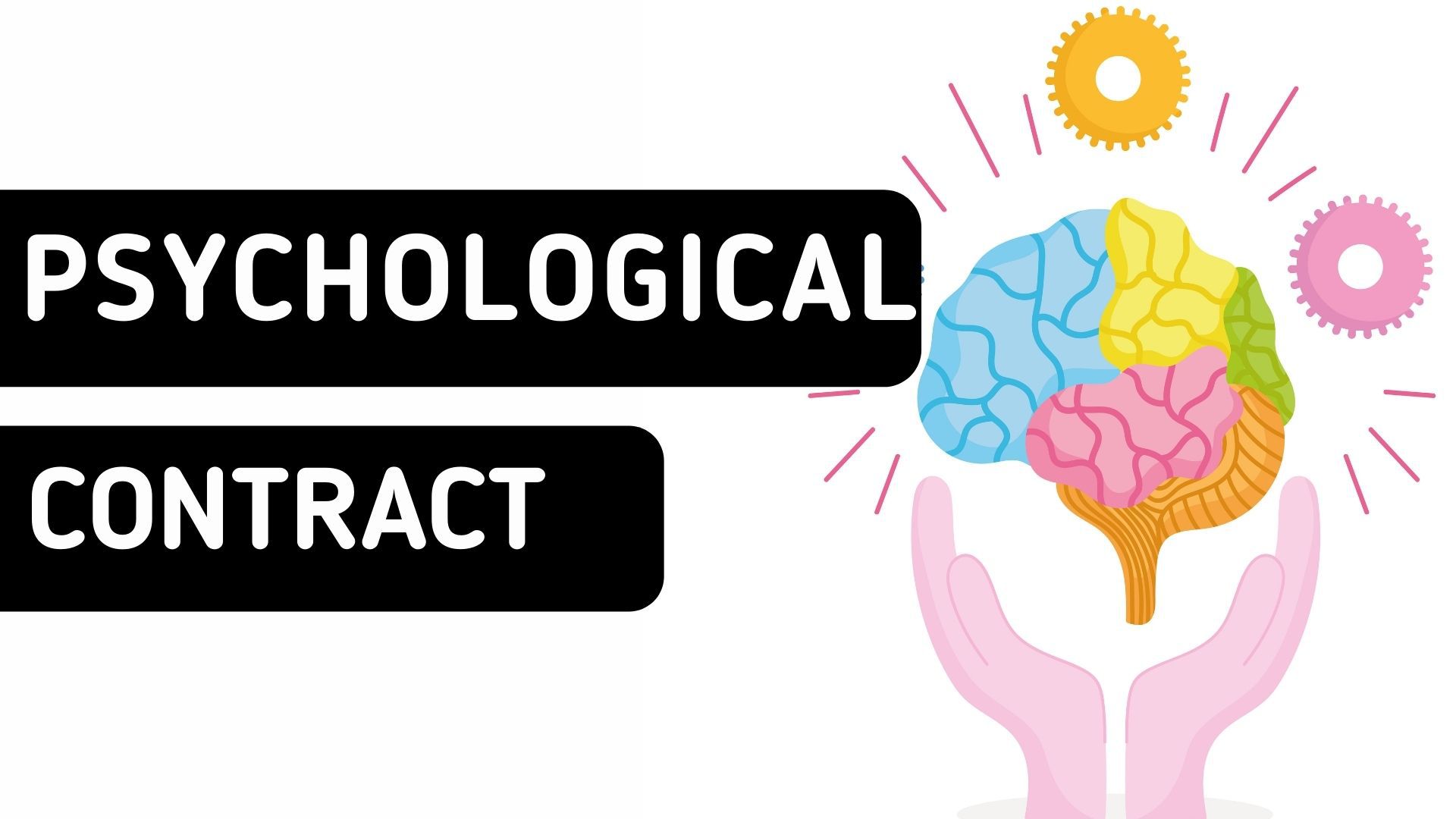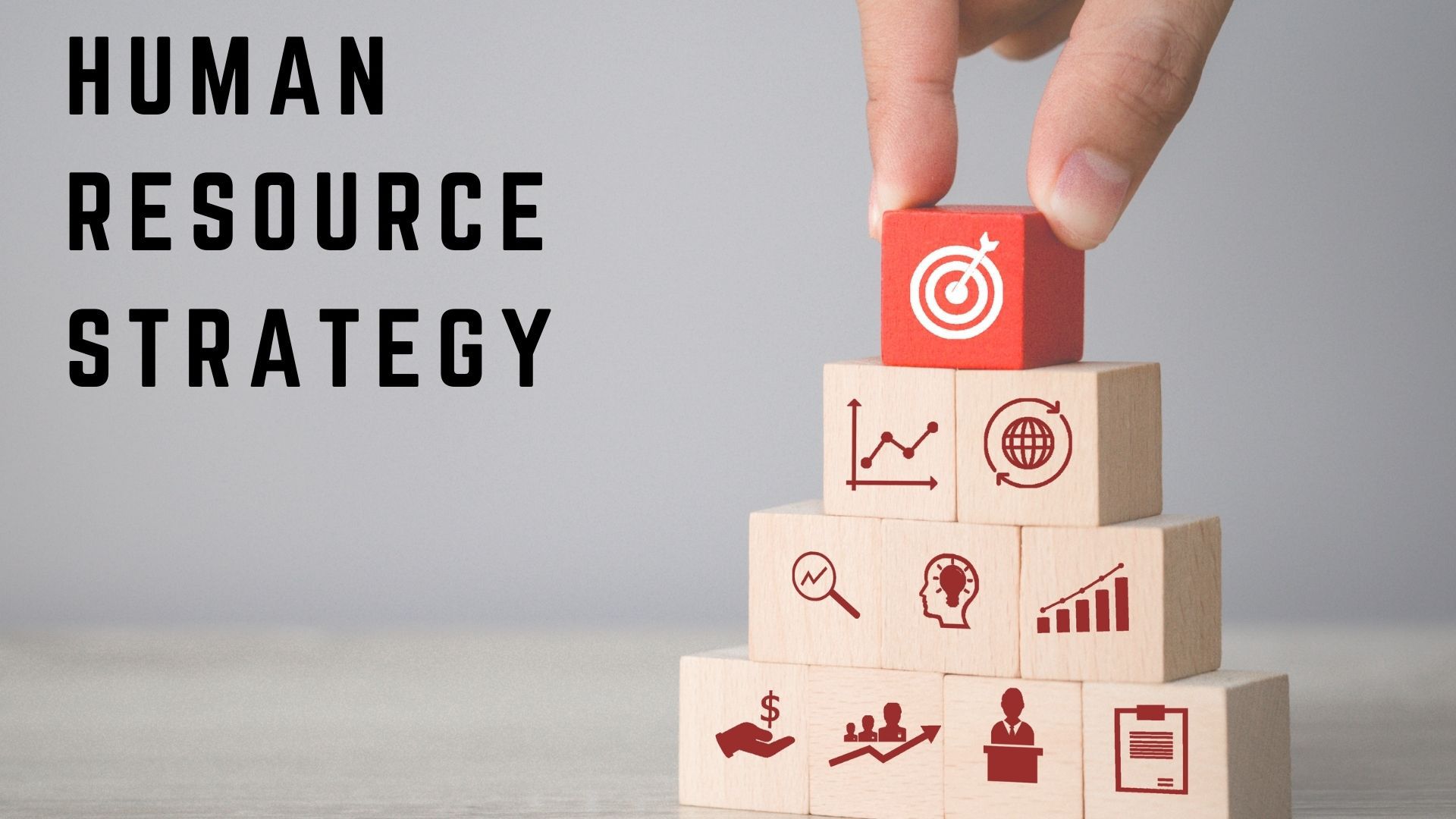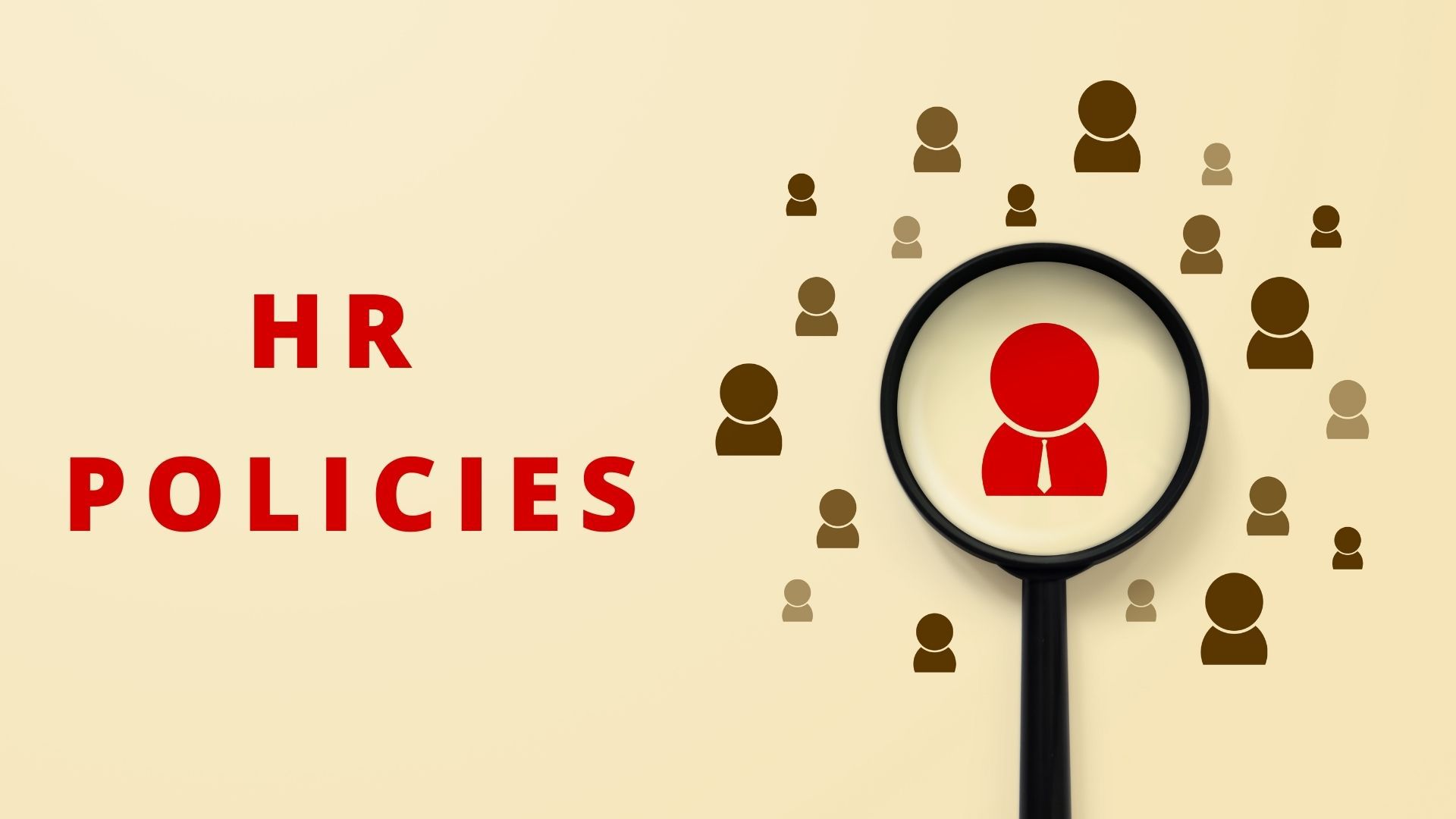For decades, women have been an essential force of progress behind every type of entrepreneurial endeavor. Top female entrepreneurs have been making history in the…
Human Resources
Human resources management is a critical function for any organization as the right people in the right place can make a huge difference. All HR related articles are covered this category.
Employee Empowerment: Definition, Types and Benefits
What is Employee Empowerment? Employee Empowerment is the process of providing employees with the tools and resources they need to get their work done effectively….
Employee Buyout: Definition, Pros and Cons
What Is an Employee Buyout? An employee buyout (EBO) is when a company offers its employees financial incentives to leave the company. This is often…
Employee: Definition, Types & Meaning
What Is an Employee? An employee is a person who works for an organization in exchange for compensation. Employees perform various tasks and duties assigned…
Employee Advocacy: Definition, Importance, Types and Examples
What is Employee Advocacy? Employee Advocacy is when employees use their social media platforms to share positive content about their employer. This can be in…
Employee Branding: Definition, Importance & How to Build it?
What Is Employee Branding? Employee branding is the ongoing process of promoting and communicating a company’s employment brand to both current and prospective employees. Its…
Employee Discount: Definition, Types and Examples
What is Employee Discount? An Employee Discount is an exclusive discount offered to employees by their employers and involves a reduction in the price of…
Employee Evaluation: Definition, Template and How to Conduct it?
What is Employee Evaluation? Employee evaluation is a performance review process where employers provide feedback to employees about their performance at work. Employee evaluation is…
Employee Morale: Definition, Importance & How to Improve It?
What is Employee Morale? Employee morale is the overall outlook, attitude, satisfaction, and emotions of employees in the workplace. Employee morale is important because it…
Employee Poaching: Definition, Ethics and Strategies
What is Employee Poaching? Employee poaching is the act of recruiting someone who already works for another company. This can be done by offering the…
How to Calculate Employee Turnover Rate?
What is Employee Turnover Rate? Employee turnover rate is the rate at which employees leave an organization. A high Employee turnover rate can be a…
Who is an Employer? Duties & Responsibilities
Who is an Employer? An employer is a person or organization that hires employees. Employers may be businesses, governments, non-profit organizations, or individuals. An Employer…
Employment: Definition and Meaning in Human Resources
What is Employment? Employment is a connection between two parties, often based on a contract for which work will be paid, in which one party…
What is Employment Status?
What Is Employment Status? Employment status is the legal classification of a worker which determines their rights and obligations in employment law. The main types…
Employment Verification Letter (With Sample)
What is an Employment Verification Letter? An Employment Verification Letter is a document that confirms an individual’s employment status with a current or former employer….
Characteristics of Culture
Culture is an integral part of our lives and can be found in every corner of the world. Our own culture reflects our identity, values,…
A Guide to Job Characteristics Model by Hackman and Oldham
Organizations that want to experience greater efficiency and employee happiness can leverage the Job Characteristics Model (JCM) – a structure developed by organizational psychologists that…
Job Involvement: Definition and Importance in HR
Job Involvement is the psychological connection a person has with their job. Employees who have intense job involvement take pride in and are passionately invested…
Job Promotions: Definition, Types and Objectives
When an employer believes in the aptitude of one of their employees, they may reward them with a job promotion – often accompanied by improved…
Intrinsic Rewards: Definition, Examples, Types & Advantages
Internal rewards come from within, giving us a unique and exclusive feeling of success. They are emotional fulfilments that arise as we gain accomplishments, advance…
e-HRM – Definition, Types, Role and Advantages
What is e-HRM? e-HRM is the use of ICTs (Information and Communication Technologies) by HR departments and HR professionals to perform their roles in a…
E-Recruitment – Overview, Steps, Types and Advantages
What is e-recruitment? E-recruitment is an online recruitment process that involves various procedures of attracting, evaluating, selecting, recruiting, and onboarding job prospects. It is also…
What is Deferred Profit Sharing Plan (DPSP)? Definition and Advantages
A Deferred Profit Sharing Plan (DPSP) is a type of employee benefit plan in Canada. It is a way for employees to share in the…
Disparate Treatment – Definition, Examples and Tips
Disparate treatment is a discrimination that occurs when an employer treats an employee or job applicant differently because of their membership in a protected class….
Diversity Management: Meaning, Strategies, Tips and Benefits
What is Diversity Management? Diversity management is the strategic process organizations use to leverage the diversity of their workforce to achieve greater success. Diversity management…
Delayering – Definition, Meaning, Importance and Benefits
What is Delayering? Delayering is the process of eliminating one or more levels of hierarchy or management layers from an organization’s structure to let the…
What Is a Demotion? Definition, Meaning, Types and Process
What Is a Demotion? Definition: A demotion is a company’s (or sometimes an employee’s) decision to lower an employee’s status, title, and (often) salary or…
Headhunter – Definition, Types and Pros & Cons
A headhunter is a person who finds job candidates on behalf of employers. Headhunters work with businesses to identify and recruit employees for specific positions….
Gains Sharing – Types, Advantages and Disadvantages
Gains sharing is a type of employee incentive plan in which employees are rewarded for increasing productivity or decreasing costs. The intent of gainsharing is…
Company Culture – Types, Examples and Benefits
Company culture is the organization’s shared ideals, qualities, and characteristics. It includes the customs and traditions of the company, as well as the behavior of…
Blue Collar Worker – Jobs they do, Qualifications and Importance
A blue-collar worker is a person belonging to the working class of the society, who is mainly involved in manual labor. Blue-collar work involves both skilled…
Buddy System – Definition, Importance and Responsibilities
The buddy system is a knowledge-sharing method used to hire new employees by assigning an existing employee as a buddy to a new employee to…
HR Outsourcing – Overview, Services and Benefits
Curious about what is HR outsourcing, and why industry experts are suggesting outsourcing HR functions as one of the best ways to reduce risks and…
Knowledge Skills And Abilities (KSA) Basics and Differences
Are you looking for the right ways of presenting your Knowledge, Skills, and Abilities for your next job interview? Then this post is personalized to…
Psychological Contract – Importance, Example & Advantages
A psychological contract is defined as a mutual understanding of the employer and employee about mutual expectations. Explanation The psychological contract is different from a…
Human Resource Strategy – Characteristics & Components
Human resource strategy is referred to the long-term plans of the organization that are created to align the human assets with the business activities. It…
What is Panel Interview? Questions, Mistakes and Tips
Receiving an interview call is always the primary objective of every job seeker, as it enables them to be one step closer to their dream…
HR Policies – Meaning, Importance and Functions
Human resource policies are defined as specific guidelines that an organization takes in managing its human assets. These are formal rules to recruit, assess, train,…
What is Back Pay? – Definition, Reasons and Examples
What is Back Pay? Definition: Back pay can be defined as the payment or other benefits like promotion, bonus, pay increase, etc that an employer…
7 Steps to Create an Employee Development Plan
The employee development plan is referred to the action plan that is used by an organization to ensure that the employees are on the right…










